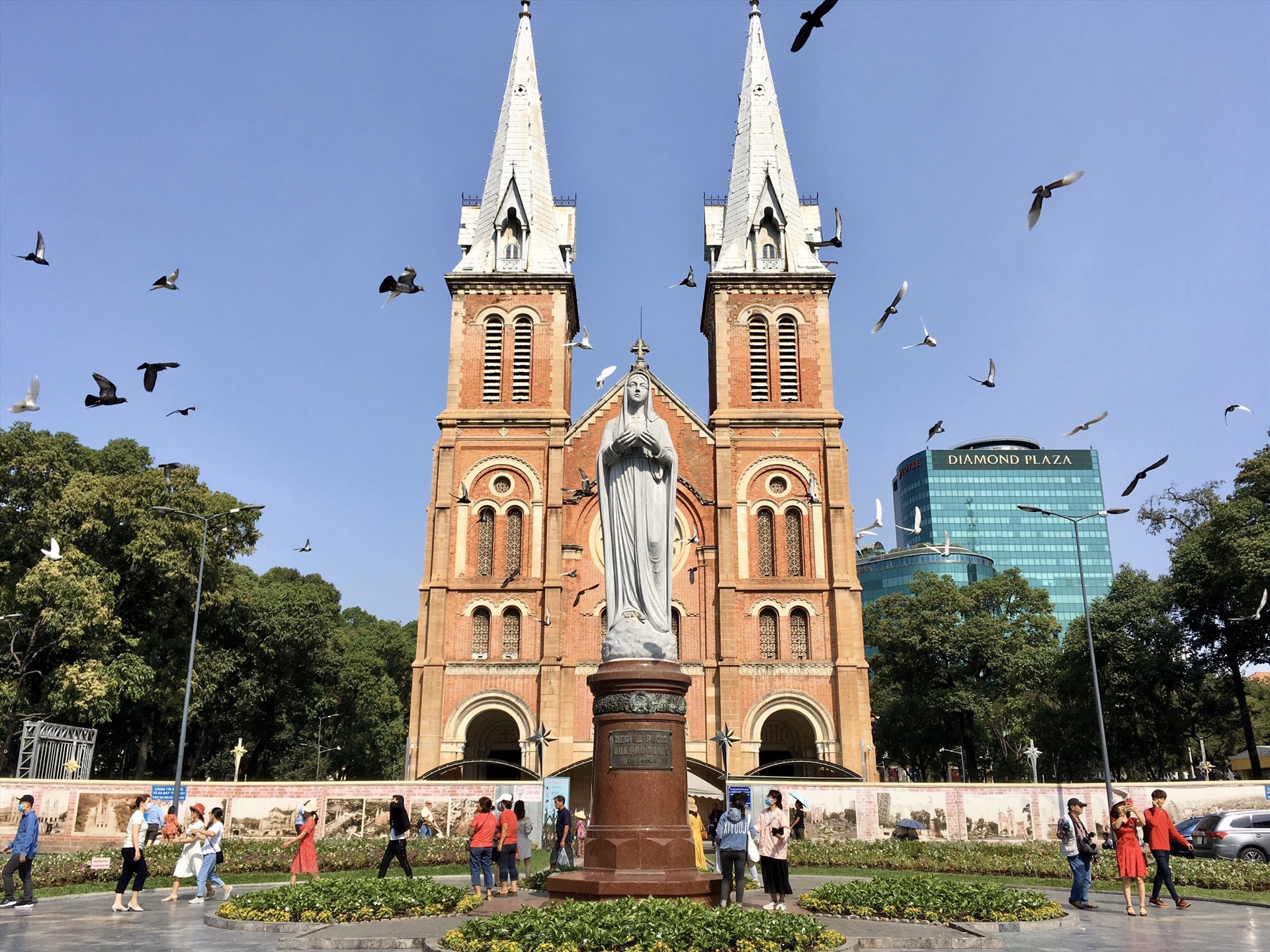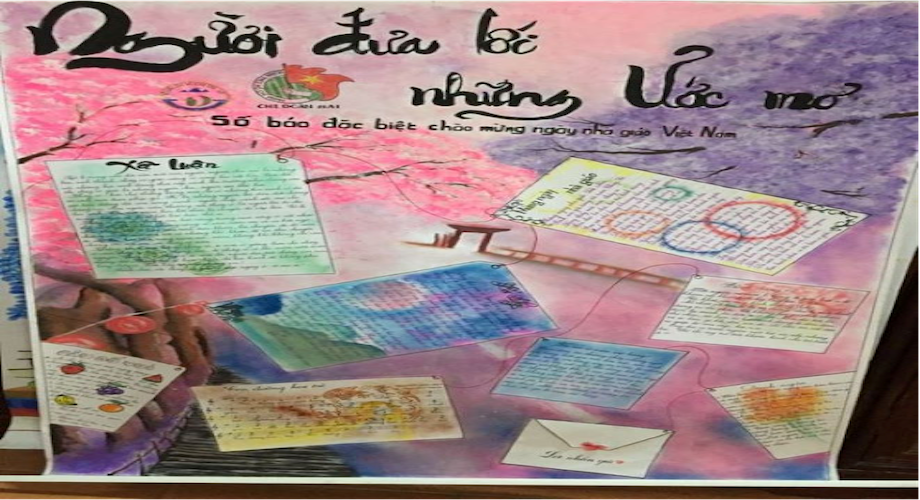Qixi Festival (7th day of the 7th Lunar month) – A traditional celebration rich in East Asian cultural spirit
Date: 2025.07.16
Held on the 7th day of the 7th lunar month—falling on August 29, 2025 this year—the Qixi Festival originated in China and is celebrated across several East Asian countries, including Vietnam, Japan, and South Korea. Also known in Vietnam as the “Ngau Festival” or “the day of separated lovers,” it is deeply linked to the love story of the Cowherd (Nguu Lang) and the Weaver Girl (Chuc Nu)—a tale of separation, longing, and unwavering devotion that has become a cultural symbol of faithful love.

♥ Origins and meaning
According to legend, the Cowherd was a humble farm boy and the Weaver Girl a celestial maiden who fell deeply in love. However, their love was forbidden by the Heavenly Court, and they were banished to opposite sides of the Milky Way. Only once a year, on the night of Qixi, a bridge of magpies (Ô Thước) forms, allowing them to reunite.
As such, Qixi is more than a spiritual occasion—it’s a celebration of eternal love, loyalty, and the longing between lovers. In many East Asian countries, the festival is regarded as the Eastern Valentine’s Day.
♥ Traditions and cultural activities
– In Vietnam, While Qixi is not a major public holiday, it captures the attention of many young people. Couples often visit temples to pray for long-lasting love. A popular belief is that eating red bean sweet soup (chè đậu đỏ) on this day will bring good luck in love and help singles find their match.
– In China, Japan, and South Korea, the Qixi Festival features a wide variety of meaningful activities. These include writing wishes on paper and hanging them on bamboo branches (known as Tanabata in Japan), offering gifts to the heavens, or preparing traditional dishes that highlight women’s skillfulness—such as weaving contests in China.
– In China, this traditional festival is a special occasion for young women to pray to the heavens for blessings in love and marriage. The celebration also reflects deep respect for nature and the talents of women. It is believed that couples who watch the stars Altair and Vega (symbolizing the Cowherd and Weaver Girl) together on this day will enjoy eternal love. Additionally, there is a popular belief that eating red bean sweet soup on Qixi will help lonely hearts find their destined partner.
– In Japan, known as Tanabata, the story of the lovers reuniting is celebrated with wishes written on small papers called tanzaku, which are then hung on bamboo branches alongside colorful ornaments. This custom blends nature, legend, and personal hope into a graceful and poetic celebration. Tanabata festivals offer a dreamy summer atmosphere, full of charm and joy.
– In South Korea, the festival is called Chilseok. Koreans often take baths on this day to wish for good health and enjoy traditional dishes made from wheat, such as noodles and pancakes. It’s known as the last time to enjoy wheat dishes before colder winds change their flavor.
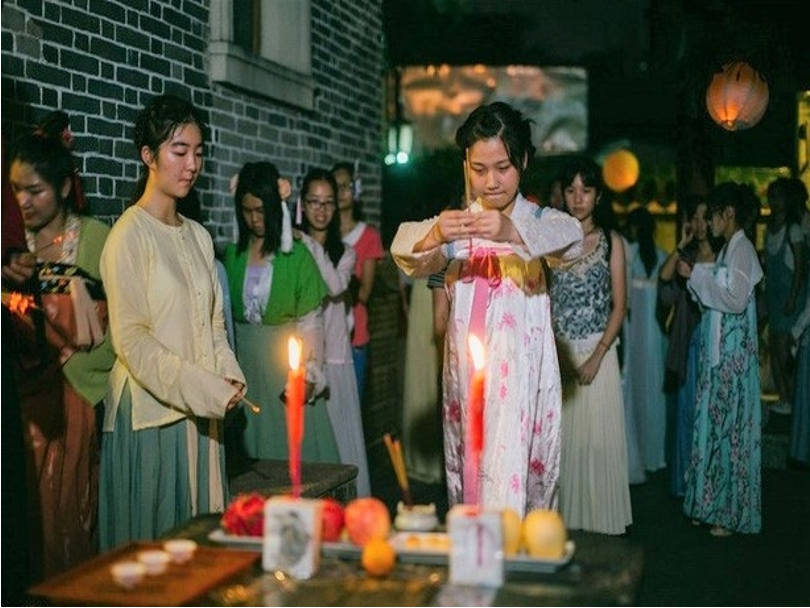
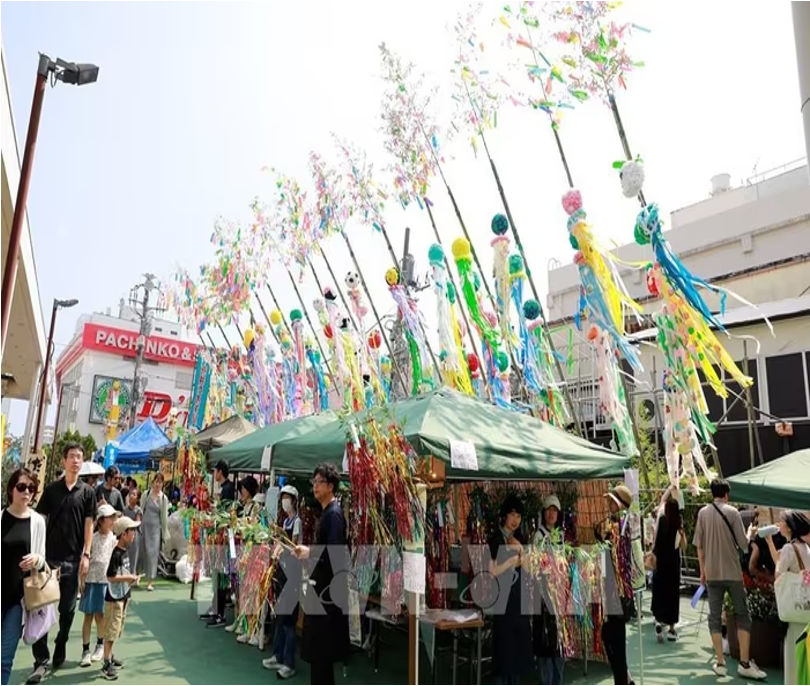
(Source: Bao Moi)
♥ Do’s and Don’ts on Qixi Festival
►Things to Do:
– Visit temples: to pray for peace, fortune, and romantic success.
– Perform good deeds: helping others during this time is believed to increase personal blessings.
– Release lanterns: symbolizing the hope for lasting love or for singles, a wish to find their soulmate.
– Give gifts: expressing affection by gifting loved ones is a common modern practice.
– Eat red bean sweet soup: thought to enhance romantic prospects, especially for single individuals.
►Things to Avoid:
– Weddings or engagements: folklore suggests it’s unlucky to hold these events on this day as the lovers are separated again too soon.
– Major investments: such as house building or car purchases, as it falls during the rainy and spiritually sensitive seventh lunar month.
– Negative actions: misdeeds are discouraged as it’s believed that maintaining virtue brings better fortune in love.
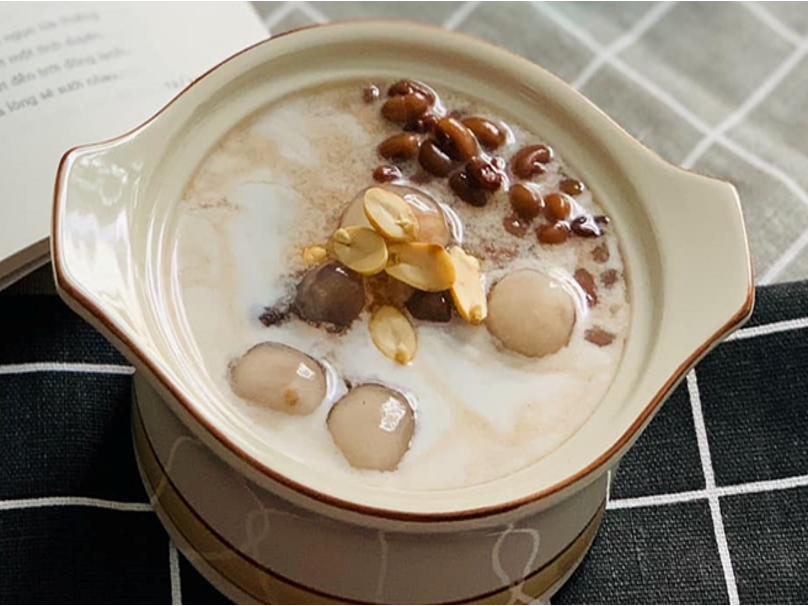
♥ A message of humanity and hope
The Qixi Festival is not just a celebration of romantic love, but also a reminder of the values of patience, loyalty, and sacrifice in all types of relationships. No matter the distance or challenges, sincere affection and faith in each other can help people eventually reach their dreams of happiness.

